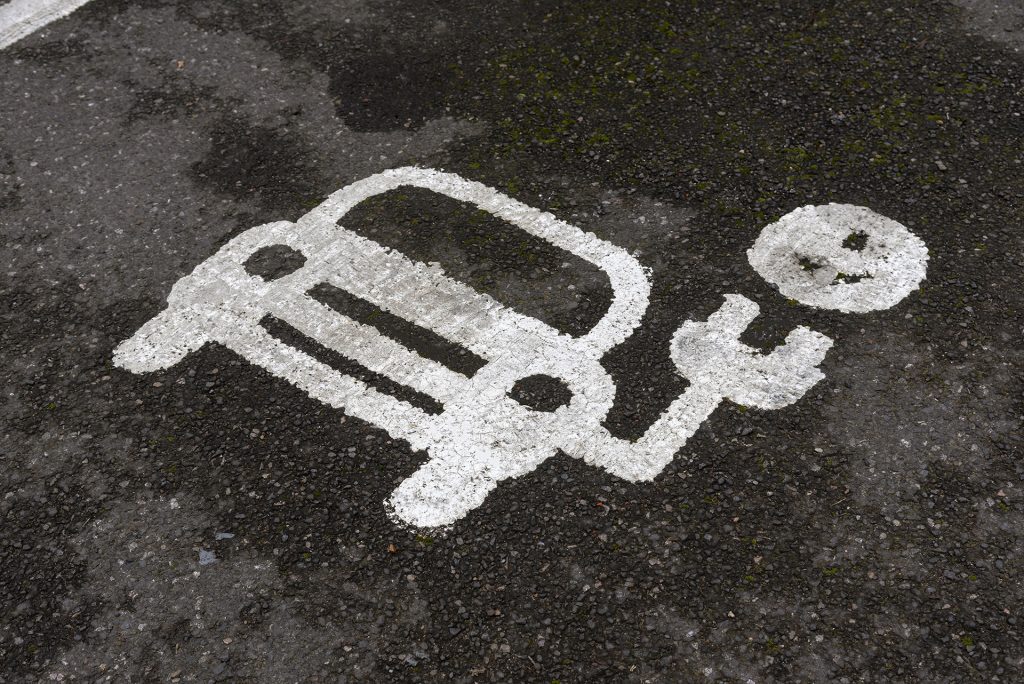A JATO Dynamics’ report has highlighted that government-led incentivisation has been a driving factor in EV uptake over the last decade, but may be less important in some regions in the future.
The study also points out that the rising environmental agenda has also been a key consideration, leading many countries towards incentivisation schemes – such as Germany’s ‘Umweltbonus’, the UK’s ‘Road to Zero’ electrification strategy, and the bonus-malus scheme in France.
However, in China, the country’s problem with air pollution has been the primary reason that its central government invested heavily into EVs. This marked a significant turning point for the country to engage in a ‘war on air pollution’, with EVs proposed as a key approach to combat this.
Due to the impact of China’s strong incentive programme, many OEMs operating in the country have been able to quickly expand their range – with some suggesting that production is now cheap enough to no longer require government support.
Across the globe, in the short term it appears that manufacturers will continue to use government subsidies and incentives to entice consumers towards EVs. However, some OEMs are closer to giving up this dependency than others, according to David Krajicek, CEO at JATO Dynamics.
“The EV market continues to rapidly grow, especially as the environmental crisis climbs only higher on the agendas of governments, businesses, and consumers alike,” he said. “As countries start to roll back their incentive programmes, manufacturers in the US and Europe should look to China’s lead and find avenues to reduce production costs, if they are to remain competitive in this space.”
Findings from the report also showed that Tesla and Volkswagen are taking clear steps to reduce production costs and improve profitability. Tesla is on target for two production plants alone to produce a combined 900,000 units by the end of the year – which is 86% of Tesla’s current annual production capacity.
Volkswagen is also accelerating its electrification plans with the introduction of several new EVs. The ID family in particular is known for its range of electric models across varying segments, which appeal to a broad base of consumers.
Currently the world’s top-selling OEM for small, subcompact and compact vehicles, VW sold almost 6.5 million units in 2020. This demonstrates how well positioned it is to make moves into popular EV segments – and the company already has plans to unite its platforms into a Scalable Systems Platform. This singular electric vehicle platform has the aim of unifying VW’s product portfolio into one comprehensive platform that includes all car types.
